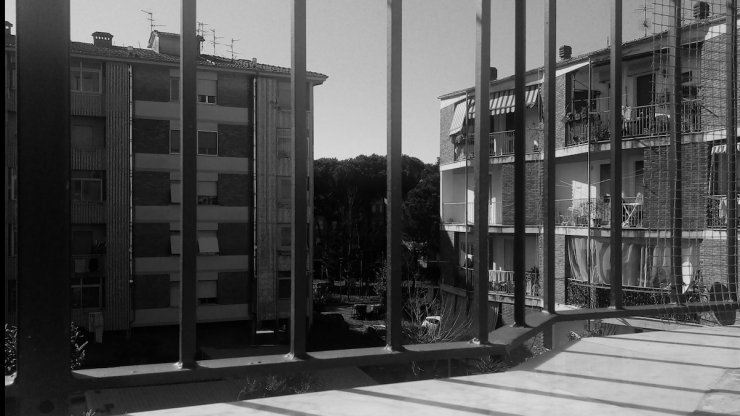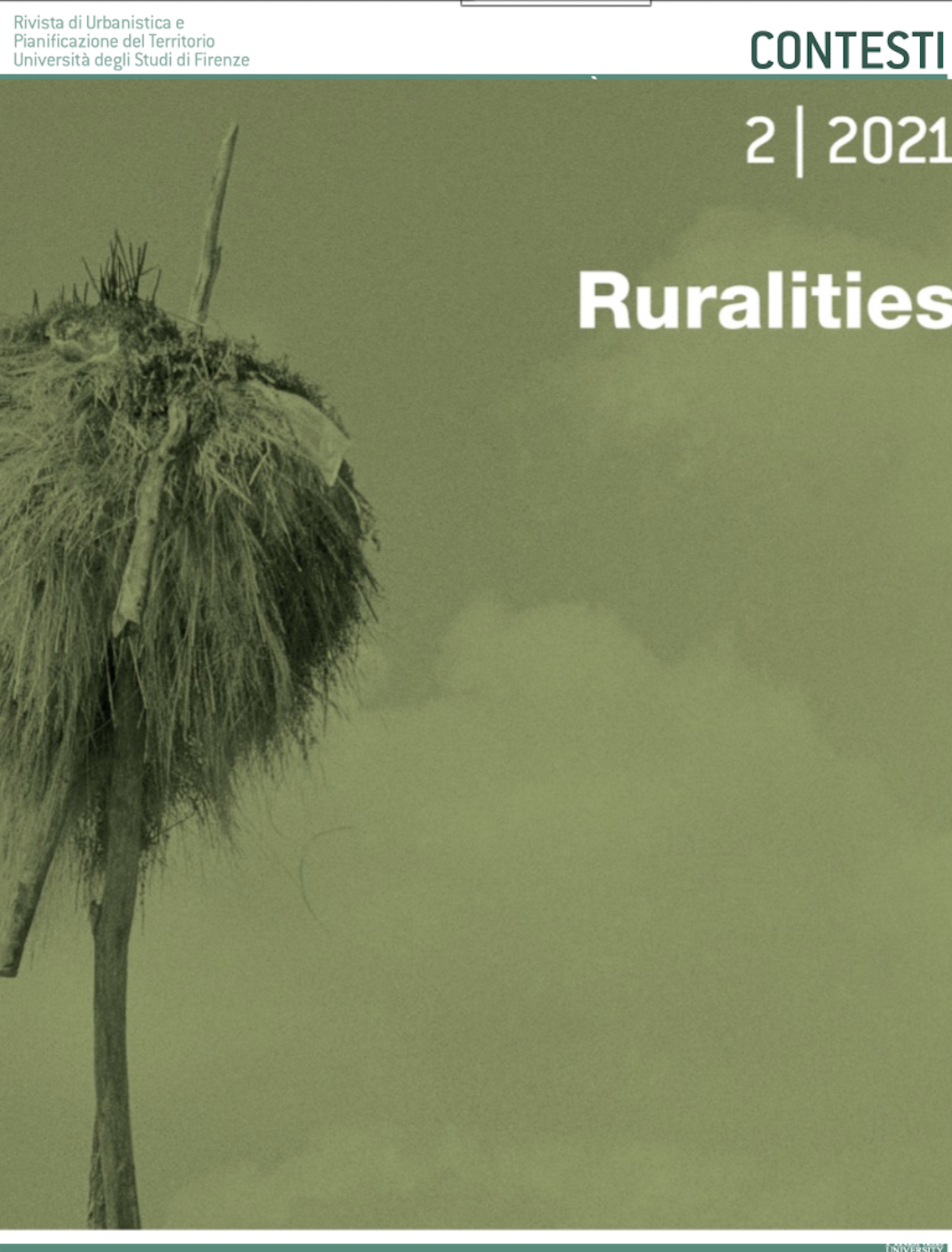CALL FOR PAPERS: History sometimes presents us with unexpected crossroads. Lying just below the surface of an apparent contingency, that are actually the result of long-term processes, which beyond the intentional actions having produced them, take shape suddenly, and mark a divide in our history. It is perhaps too early to say this with adequate certainty but the outbreak of COVID19 and its unfolding consequences so far seem to be representing one of these events.
“The facts are hard-headed,” and the problems within an unsustainable development model, whose ongoing damages to the environment of life some people may imagine they can either underestimate or ignore. But eventually may find out differently, That on behalf of many credited observers, there is a significant echo in their reflections on the consequences of the pandemic and the social or economic fragilities upon which the pandemic sheds new light.
The overcoming of liminal – not only functional – boundaries between anthropization and natural spaces, processes of “planetary urbanization,” unsustainable mobility of goods and people, are necessary outcomes of “extractive” economies. They involve processes of destruction of regional productive know-how and cultures, consequences on greenhouse gas emissions and human health, plus the unfair distribution of resources and social imbalances. Each of these key factors, which not only trigger this crisis but also shall determine the weight of its consequences.
All this, obviously, forces a questioning not only addressing the domain of physical planning. In addition the debate certainly concerns new ways of conceiving and managing cities and territories involving their relationships with models of development and economies, with social practices, with the forms and requirements of a possible “wise” proximity of life. One that is suitable to support and entail care of ecosystems, places and people. We also refer to a need for governance models at different scales, especially in terms of a meaningful demand for “return” to regional and local empowerment which seems to rise up in importance from this framework.
It is certainly too early for hypotheses and structured arguments that would require adequate decantation and observation times. Notwithstanding that, it is still perhaps a good time to call for necessary, open, and transversal reflections. Both on a thematic and disciplinary level, at a time when our urgency perhaps makes us more sensitive, free and creative in grasping new ideas with potentially dramatic contradictions, but also with potential for the future.
A question for a first account and urgent criticism, therefore, with respect to which Contesti Journal opens a call that intends to collect a set of contributions, reflections, and solicitations. Focused on topics that, although in the obligatory contingency, can constitute an initial map, made up of different and pluralist languages, to guide our scientific community towards a direction of more organized further explorations.
Finally, although the call has a dedaline, it is issued as “open” and with a “streamlined” revision process, in such a way interested authors have the opportunity to publish swifltly their articles in “just accepted” form, according to the demand for an up-to-date and timely communication best fitting to the ongoing debate.
Download Call for Papers (PDF)


